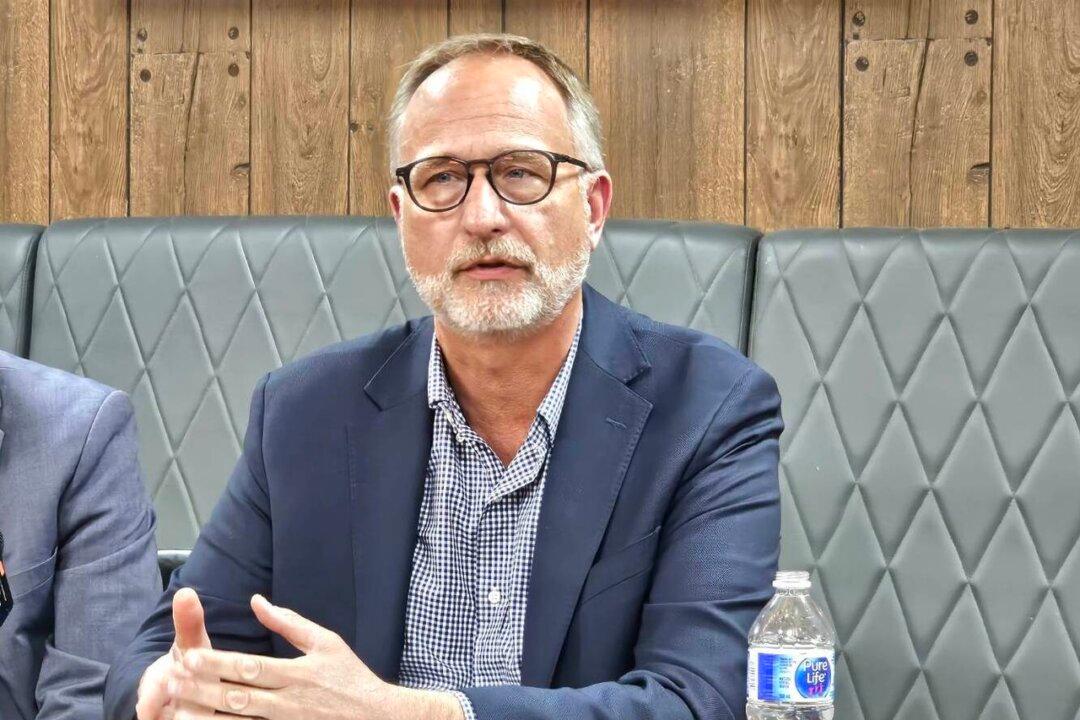MISSISSAUGA, Ont.—Canada needs robust screening processes to ensure that individuals seeking to immigrate do not have criminal records or harbour “ulterior motives,” such as being agents of foreign entities, said the Conservatives’ associate shadow minister for immigration.
MP Brad Redekopp was speaking on Feb. 22 at a press conference in Mississauga addressing immigration policy and the affordability crisis.





